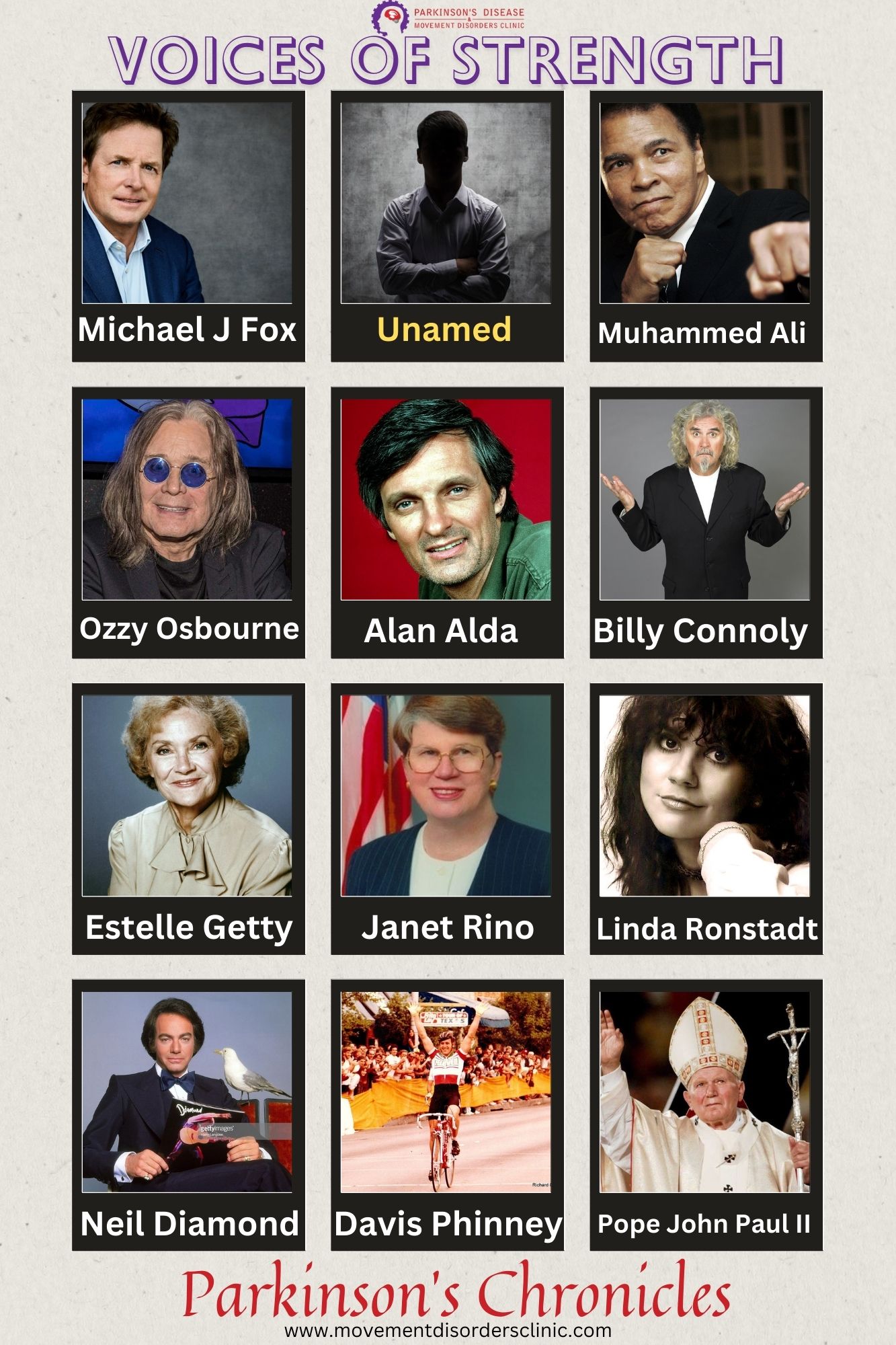Unveiling the Silence: Bridging the Gap in Disclosing Aging-Related Disorders
In the realm of health narratives, there exists a stark contrast between Western societies and the Indian subcontinent ( Parkinson’s disease awareness India celebrity endorsement )when it comes to the openness surrounding aging-related disorders. While the Western world has seen public figures bravely and transparently sharing their battles with conditions like Parkinson’s disease and dementia, a notable silence shrouds a similar dialogue in India. Despite a population of comparable magnitude, individuals who have reached pinnacles in their respective fields often navigate their journeys with aging-related disorders discreetly. This prompts a crucial exploration into the factors contributing to this disparity and begs the question: Why does a culture that thrives on collective strength find it challenging to put a face on aging-related health struggles?

Untangling the Threads: Unraveling the Silence in India
While Western societies have witnessed a surge of notable figures championing the cause of aging-related disorders, one cannot help but notice the conspicuous void in the Indian narrative. Michael J. Fox, the iconic actor, and advocate, boldly embraced his journey with Parkinson’s disease, establishing himself as a global symbol of resilience. His foundation, dedicated to Parkinson’s research, stands as a testament to the transformative power of public disclosure. Similarly, personalities like Glenn Campbell and Terry Jones, facing Alzheimer’s and dementia, have not only shared their personal battles but also actively contributed to awareness and research.
On the flip side, the Indian landscape seems relatively muted in these discussions. The absence of comparable figures taking the lead in initiating conversations around aging-related disorders prompts a crucial question: Is the void a reflection of an actual dearth, or does it point toward the need for a cultural shift, where open dialogue becomes the norm rather than the exception?.

Bridging the Divide: Western Advocacy vs. the Indian Void
In the heart of this disparity lies a complex interplay of cultural nuances, societal expectations, and deeply ingrained norms surrounding privacy. The cultural fabric in India often weaves a narrative of strength, resilience, and reverence for age. Individuals who have attained eminence in their fields may find themselves caught in the dichotomy of upholding these cultural values while confronting the vulnerability that accompanies aging-related disorders. This cultural reticence, coupled with the fear of perceived weakness or an expectation to exude unwavering strength, may contribute to the reluctance in openly sharing health struggles. As we navigate these intricacies, it becomes evident that addressing the silence surrounding aging-related disorders requires not just individual courage but a broader societal shift in perceptions.
Exploring the Silence: Factors Influencing Concealment
The disparity becomes evident when one scans the global landscape, finding Western luminaries openly discussing their encounters with aging-related disorders. Meanwhile, in India, where accomplished individuals wield significant influence, a shroud of secrecy surrounds similar health battles. One might wonder about the underlying factors steering this reluctance. Is it cultural reticence, the fear of perceived vulnerability, or perhaps a deeply ingrained societal expectation of invincibility, especially for those who have reached the zenith of their professions? As we unravel these threads, it becomes essential to examine how cultural norms, societal expectations, and personal privacy intertwine to create an environment where aging-related health struggles often remain hidden.
Empowering Voices: The Ripple Effect of Openness
When individuals with aging-related disorders step into the light and share their narratives, a profound ripple effect occurs. Beyond personal catharsis, these stories have the potential to transform societal perceptions, erode stigma, and ignite a dialogue that resonates with millions facing similar challenges. The power of personal narratives extends beyond individual experiences; it becomes a catalyst for widespread awareness, fostering empathy, and inspiring collective action. Moreover, the impact goes beyond awareness as it lays the foundation for advocacy, research initiatives, and a collaborative effort to reshape how society views and addresses aging-related disorders.
- How Can Individuals Open Up?
Individuals with aging-related disorders possess the agency to break the silence. By sharing their stories, they not only embark on a personal journey of empowerment but also contribute to a collective narrative that challenges stereotypes and sparks essential conversations.
- What Could Openness Achieve?
The potential benefits of openness are vast. Beyond personal empowerment, openness can reshape societal attitudes, drive awareness, and fuel advocacy efforts. It has the power to inspire research initiatives, facilitate early detection, and ultimately contribute to the global endeavor of finding effective therapies and cures.
Empowering the Future: Merging Ancient Wisdom with Modern Advocacy
As we reflect on the journey toward destigmatizing aging-related disorders in India, it’s essential to draw inspiration from the rich tapestry of the nation’s history. Ancient Indian science, with luminaries like Charaka, Sushruta, and Aryabhata, laid the foundation for significant advancements in medicine and mathematics. The profound knowledge embedded in the Vedas continues to garner acknowledgment and validation.
In the current landscape, where India is making strides in various fields, from technology to healthcare, the potential for transformative impact is immense. The acknowledgement of aging-related disorders by the current generation is not merely a personal disclosure; it is a beacon that can illuminate the path toward collective understanding, awareness, and research.
By aligning with the spirit of ancient Indian knowledge that valued holistic well-being, individuals who choose to openly discuss their aging-related struggles contribute to a legacy of progress. Their stories become integral to a modern narrative that combines the wisdom of the past with the urgency of the present. This isn’t just about personal empowerment; it’s about fostering a cultural shift that values openness and leverages collective strength to address the challenges of aging-related disorders.
In this moment of renaissance, where the importance of mental and physical well-being takes center stage, the current generation in India ( Parkinson’s disease awareness India celebrity endorsement )has the opportunity to be pioneers in fostering a new era of understanding. By creating awareness, supporting research, and sharing personal experiences, individuals can contribute to a global dialogue that transcends cultural boundaries, ultimately benefiting millions in India and beyond.
